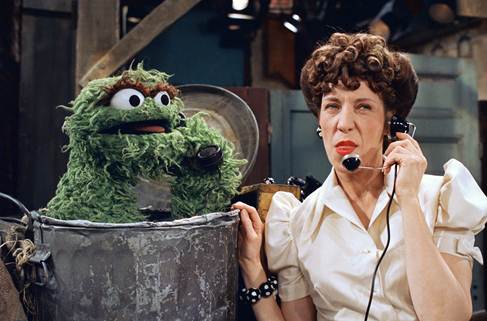A new paper by Melissa Kearney, an economics professor at the University of Maryland, and Phillip Levine, an economics professor at Wellesley College, finds that kids can learn as much from Sesame Street as a preschool classroom.
This is the most authoritative study ever done on the impact of “Sesame Street,” and it finds that one of public TV’s most recognizable shows has delivered lasting educational benefits to millions of American children — benefits as powerful as the ones children get from going to preschool.
As told by the Washington Post:
After “Sesame Street” was introduced, children living in places where its broadcast could be more readily received saw a 14 percent drop in their likelihood of being behind in school. Levine and Kearney note in their paper that a wide body of previous research has found that Head Start, the pre-kindergarten program for low-income Americans, delivers a similar benefit.
In reflecting on the data from the study, Melissa Kearney told NPR reporter Will Huntsberry that “We can accomplish some real progress with smart well-designed educational content for kids.”
